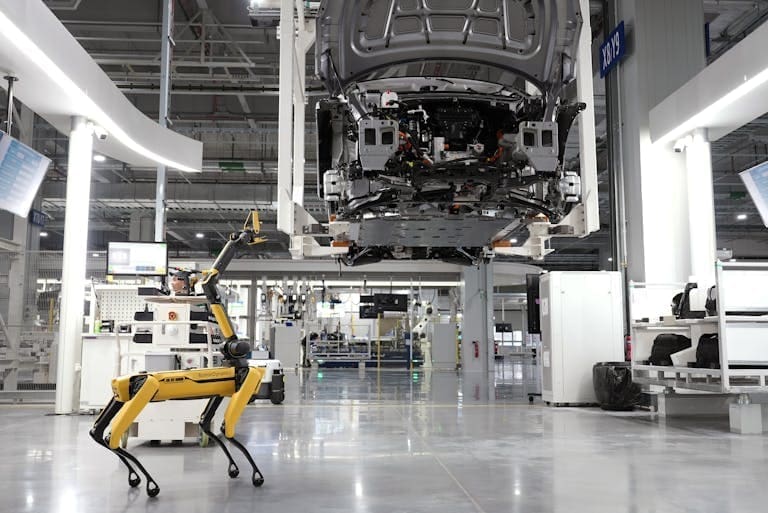Prevent Costly Downtime
Cyberattacks can halt production and cause major losses. Testing your defenses helps prevent disruptions and keeps your manufacturing operations running smoothly.
Secure Intellectual Property
Manufacturers hold valuable IP like proprietary designs and trade secrets. Penetration testing safeguards this data from theft and unauthorized access.
Meet Regulatory Compliance
Compliance with standards like ISO 27001 and NIST SP 800-82 is essential. Penetration testing verifies your security posture and supports ongoing compliance.
Securing Manufacturing Operations in a Rapidly Evolving Landscape
Scoping & Planning
Ensure that high-risk areas are prioritized while minimizing disruption to your operations.
Simulated Attacks
Replicate the tactics of sophisticated attackers to identify weaknesses in your manufacturing facilities.
Detailed Reporting
Reports are designed to meet compliance requirements while being accessible to both technical teams and executive stakeholders.

Support & Retesting
We work closely with you during this phase to confirm that all identified gaps have been resolved and that your security posture is robust against evolving threats.
Business Continuity Focus
Ensure that your operations remain unaffected while gaining valuable insights into your security posture.
Commitment to Client Success
Tailored for manufacturers to protect critical systems, secure data, and keep production running amid rising cyber threats.
Protecting Innovation, Operations, and Data
The manufacturing industry is rapidly evolving through AI, automation, and Industry 4.0, boosting efficiency but creating new vulnerabilities. Manufacturing has become the most targeted sector for cyberattacks, representing 25.7% of incidents in 2024. With increasing connected systems, robust cybersecurity is critical—from securing IIoT devices to preventing ransomware attacks that cost $88,000 per hour of downtime. Addressing these threats is essential for operational security and competitive advantage.
Smart Factories and Automation
By 2025, automation levels in factories are expected to rise from 69% to 79%, increasing reliance on connected systems that require robust cybersecurity measures.
AI Integration
AI-driven predictive maintenance and supply chain optimization are transforming manufacturing but also introducing new attack surfaces that need proactive defense.
Supply Chain Security
With global supply chains under constant strain, securing vendor relationships and third-party integrations is critical to preventing breaches.